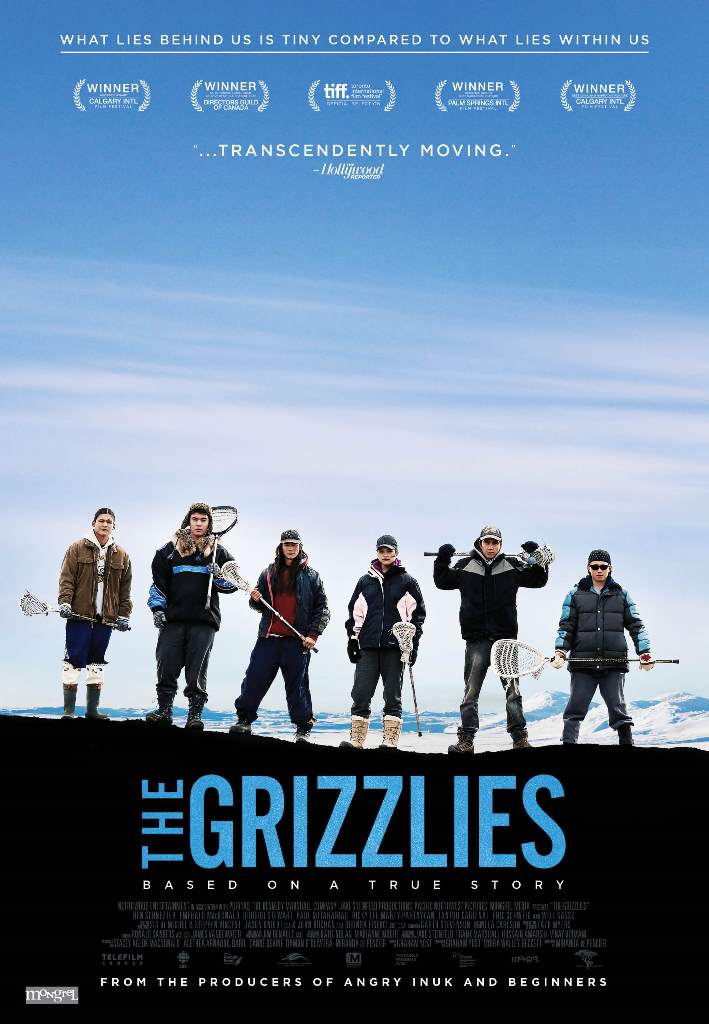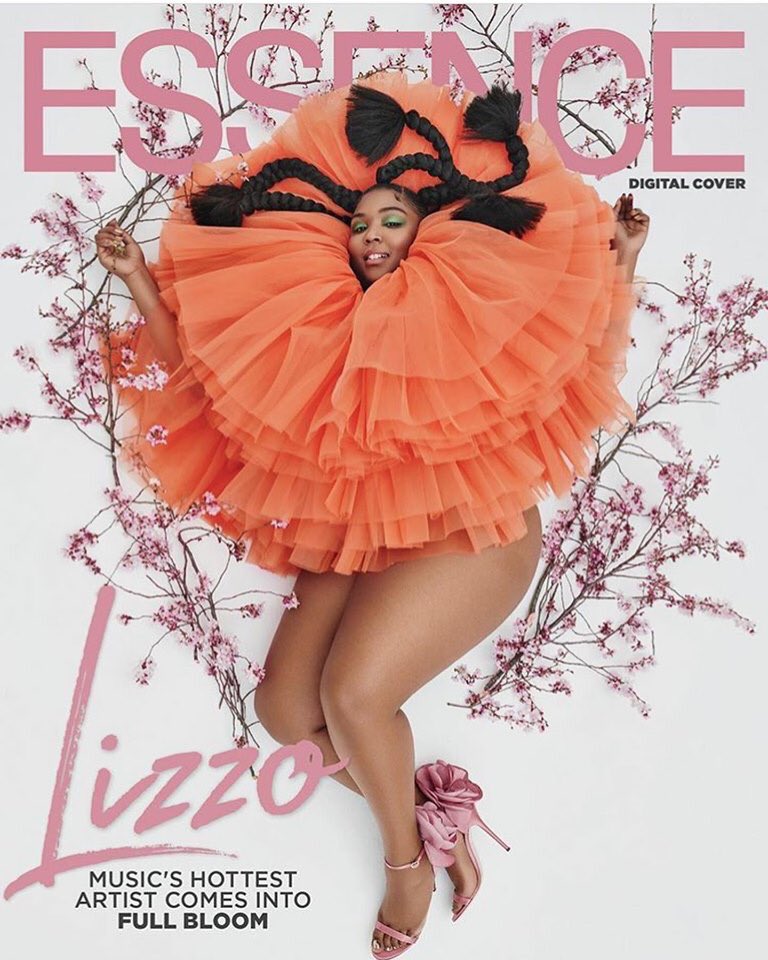Intro for May 16, 2019



Dear Gossips,
I saw a film last weekend that I can’t stop thinking or talking about, even though it made me uncomfortable, especially since it made me uncomfortable – and on so many levels.
The Grizzlies, based on a true story, is about the determination and resilience of a group of Inuit youth in Kugluktuk, a remote Northern community with one of the highest teen suicide rates in North America, who come together to play lacrosse. It took me fifteen minutes just to write that sentence and I really hope I’ve gotten it right. Here is an example of a previous version of that sentence that I crossed out:
The Grizzlies is based on the true story of a group of Inuit youth in a remote Northern community with one of the highest teen suicide rates in North America who uplift and support each other through lacrosse.
The reason that version didn’t work is because it puts too much value on simply playing lacrosse instead of highlighting the fact that the sport isn’t really the story here, it’s the attributes of the people who played it – and I’m sharing this because it’s a small example of how Indigenous stories can so easily be misrepresented and disrespected. All it takes is a casually misplaced word, the unconscious way a sentence can be structured, and what you get is the subtle sidelining of a people who for generations have been denied and forgotten, which is in itself an understatement.
That is colonial conditioning – and, being born and raised in Canada, I carry it. For most of my life I wasn’t awake to it. Perhaps I’m still not fully awake to it. I want to believe that the process of being aware of it and unlearning it is still ongoing. Is it enough to try? Maybe the better question is: what is the better way to try? These are all the things I’ve been thinking about since I watched The Grizzlies on Saturday night.
With that in mind, let’s expand the description of what The Grizzlies is about:
The Grizzlies is based on the true story about the determination and resilience of a group of Inuit youth in Kugluktuk, a remote Northern community with one of the highest teen suicide rates in North America, who come together to play lacrosse…helped by a white teacher.
Like I said earlier, there are so many layers. So this is another one: The Grizzlies really moved me, I learned so much from the young people who were there for each other, who uplifted each other. But is this another “white saviour” situation?
Let’s go even deeper:
The Grizzlies is based on the true story about the determination and resilience of a group of Inuit youth in Kugluktuk, a remote Northern community with one of the highest teen suicide rates in North America, who come together to play lacrosse…helped by a white teacher…directed by a white woman, Miranda de Pencier, written by two white writers, Graham Yost and Moira Walley-Beckett.
So now, I know, some of you might be thinking, well, that’s it. That’s not what we need. That’s not the “better way of trying”.
Here’s what producers, Alethea Arnaquq-Baril and Stacey Aglok MacDonald, shared in the press release:
"When Miranda first came North to explore the possibility of making this film, my first thought was: Who is this white lady? And who the heck is she to be telling this story?" says producer Alethea Arnaquq-Baril in a press release. However, de Pencier started the conversation by asking questions, and she continued to ask questions.
"Miranda sat down with Stacey [Aglok MacDonald] and me and explained that although she was fascinated and inspired by the story, she knew nothing about the Arctic or about Inuit, and needed our help. She always had a million questions, and she kept coming back, for years," remembers Arnaquq-Baril.
"And when she made mistakes, we pointed them out, and she listened. Her determination to include our community in the making of the film, at the time, was really not common, and it impressed us."
Here’s what Miranda de Pencier told The Globe and Mail last month about the decade-long process of making this film and her way of TRYING to make the film:
“We all have this opportunity right now – non-Indigenous and Indigenous – to struggle though this relationship. My relationship with Stacey and Alethea, and my cast and crew, I feel I fumbled through it. I made mistakes, I wasn’t perfect, but the struggle was so worth it. And I think the film definitely got better because of it. It is scary, at times. But if you’re willing to feel shame and pain, it’s a worthwhile journey. Hopefully for all of us.”
The result is a film featuring a cast of mostly Inuit youth – over 90% - and a third of the crew was Indigenous and training programs were set up in the local community. Throughout the promotional tour for The Grizzlies, from the time it premiered at TIFF last year up to its theatrical release, Alethea Arnaquq-Baril, Stacey Aglok MacDonald, and Miranda de Pencier have shared the film with Indigenous communities across Canada and beyond, and participated in conversations where they’ve been challenged about the potentially problematic parts of their film. But, then again, as I try to check myself here, those statistics, their willingness, their efforts, shouldn’t stand in as some kind of justification; the only point to be highlighted there is that they’re trying. Is that the better or a better way of trying? What, ultimately, were they trying to do? According to Miranda:
“I think what we tried to do in the movie is, by the end, we say, ‘We’re done, this is the last movie from the North that has a white person at the centre,” de Pencier said. “If making the film helps Anna [one of the actors in the film] go become a leader for the North – I can’t, as a filmmaker, ask for anything more than that. That’s way better than a movie.”
I’m not in any position to give any answers. I’m asking for the right way to ask the questions to get the answers. For me, The Grizzlies was worth it. I’m better for having experienced it. It has challenged and added to my perspective. This may not be the case for you. But if you’re thinking about seeing it, you can find out more about it here at The Globe and Mail and here at the CBC.
Yours in gossip,
Lainey
